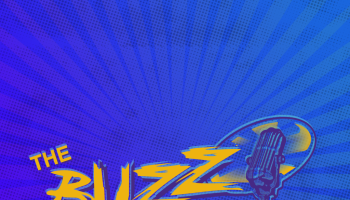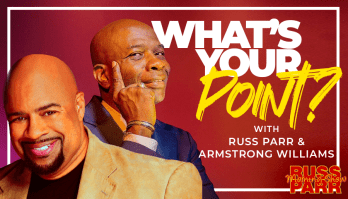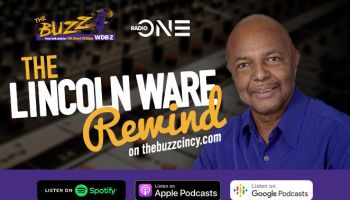Any fan of hip hop knows that prison culture and experience is a fundamental part of rap music. For good or bad, nearly every “gangsta” rapper in America has either been to prison, has a friend in prison, is on his way to prison or is in prison right now. Lil Wayne and TI, two of the biggest artists in the game, have used up most of their headlines of 2010 on prison visits, leaving their family and fans behind while they return to life in the big house.
Given the amount of experience that many rappers have with the human rights abuses that take place in America’s penitentiaries, you would hope that the hip hop community would be the first in line to support the prison inmate strike in Georgia. Rappers have told us to vote or die in the past, so we have to remember that real people are dying and children’s futures are being murdered on a daily basis by the Prison Industrial Complex. Horrific issues like prison rape, overcrowding, the inability to find a job upon release and Draconian sentences for non-violent offenders and youth remain unaddressed, and to date, we are more likely to hear about a rapper being blinged out with a bottle of Cristal than we are to hear about an artist expressing genuine love and concern for what’s happening to their loved ones who are incarcerated.
In case you’re not hip to what’s happening right now, let me brief you: America incarcerates more of its citizens than any country in the world. In fact, as much as we yell about China engaging in the abuse of human rights, the truth is that we incarcerate 16 times more people on a per capita basis than the Chinese. Additionally, a disproportionate number of these inmates are black. In fact, one out of every three black boys born in the year 2001 will spend time in state or federal penitentiaries (yes, I’m talking about your son, brother or child’s best friend). Corporations earn billions from involuntary labor of prison inmates, and many of those who lobby for tougher crime laws are those who have a direct financial stake in mass incarceration.
While it’s easy to say that every man or woman in prison is there because they deserve it, we must remember that the power of the state to define someone as a criminal is arbitrary (even Jesus and Martin Luther King were “criminals” according to the state). Black men are searched, arrested and incarcerated at far greater frequencies than other ethnic groups. Additionally, not having enough money to fight a charge can lead to incarceration as well. The United States has been criticized heavily by the United Nations for having a two-tiered system, one for whites and one for blacks. In fact, the 13th Amendment, which allegedly abolishes slavery, actually says that it is still legal to enslave another human being, as long as you find a way to label him/her as a criminal. So yes, slavery is still legal in the United States, just check the Constitution.
The inmates in Georgia are not asking for much, just a chance to rehabilitate if they choose to do so. They would like access to education beyond a GED. They would like access to adequate healthcare and the chance to communicate with their families without paying ridiculous amounts of money. They would like just parole decisions. They are making the simple request that when they come home, they be given the chance to correct the mistakes of their youth and become productive fathers, mothers and citizens. Being tough on crime doesn’t mean destroying the individual and his/her children by not giving them a job or allowing them to provide for loved ones. Instead, it should mean creating avenues for people to have a choice, so they can create a better life. To date, there is no bigger producer and creator of criminals than the United States Prison system. If you are not a criminal when you go in, you’ll probably be one by the time you get out – that makes our society more dangerous for everyone.
The hip hop community, rather than writing lyrics to glorify incarceration and excessive materialism, may want to consider doing things that challenge the systems that enslave hundreds of thousands of black people. They should be speaking up on how to stop the abuses taking place in our prisons and advocate for rehabilitation for those who want to be accepted by society. Making a mistake at a young age does not mean you should be punished for life, and prison inmates are not worthless. Hip hop artists, with their powerful platforms, should use their collective voice to make a difference. Your brothers and sisters in the penitentiary need your help, and the Georgia prison strike is a great opportunity to get started.
Dr. Boyce Watkins is a Professor at Syracuse University and founder of the Your Black World Coalition. For more information, please visit YourBlackWorld.com.
Share this post on Facebook! CLICK HERE: http://widgets.fbshare.me/files/fbshare.js
Shaq dumps fiancee Hoopz [from Hellobeautiful.com]
Bikini model’s hair catches on fire at Diddy’s
album release[from Hellobeautiful.com]
Behind the scenes of video of Lil Kim’s Nicki Minaj diss
[from TheUrbanDaily.com]
Tyler Perry snubbed by SAG [from
Theurbandaily.com]














